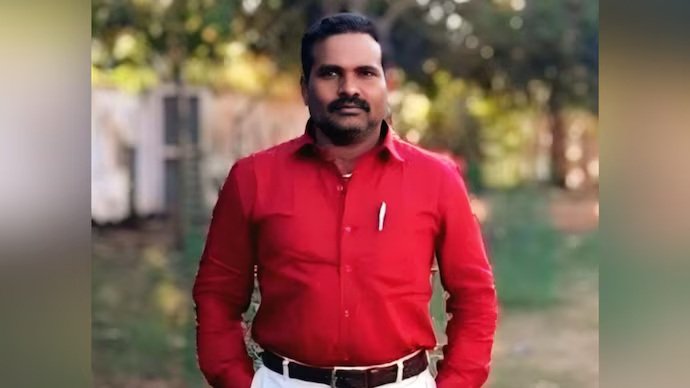When Schools Fail to Protect: The Telangana Teacher Sexual Abuse Case
Child Sexual Abuse

Recently at the Zilla Parishad High School in Nakrekal, Nalgonda district, Telangana, India, a Class 10 girl has alleged enduring three months of sexual harassment from her English teacher, Mamidi Srinivas.
This case underscores how the absence of effective safeguarding systems and safer recruitment practices allows predators to remain in classrooms, endangering the very children they are meant to nurture.
The Incident: Abuse by a Trusted Teacher
- The student confided in her father about the harassment after months of suffering in silence and emotional distress.
- Her parents confronted the teacher and lodged a formal complaint with the police.
- A case was registered against Srinivas under the Protection of Children from Sexual Offences (POCSO) Act.
- The Telangana Education Department has suspended him from service.
- Parents and student unions are demanding his permanent dismissal and strict legal punishment, noting that he has faced similar allegations at a private college he operates.
This was not a momentary lapse, it was a sustained abuse of power over several months, made possible by systemic negligence and institutional silence.
This case reveals how the duty of care was betrayed
- No effective screening or behavioural vetting: Prior allegations against Srinivas reportedly existed, yet he was still employed to teach children.
- Lack of monitoring or safeguarding oversight: There appears to have been no functional mechanism to detect or report prolonged harassment.
- Absence of safe, confidential reporting systems: The student endured months of abuse before she felt safe enough to tell her family.
Allowing a teacher with previous misconduct allegations near children reflects a failure of safer recruitment, the first line of child protection in schools.
Schools Must Be Safe Spaces Not Risk Zones
This incident is not just about one abusive teacher. It exposes how gaps in recruitment, oversight, and safeguarding enable abuse to take root in schools.
Preventing this from happening again requires:
- Safer recruitment protocols: background checks, reference verification, behavioural interviews, and child-safety declarations for all staff.
- Mandatory safeguarding policies: with clear codes of conduct, zero tolerance for sexual misconduct, and immediate escalation procedures.
- Safe reporting mechanisms: this enables students to report abuse to designated staff or independent child protection officers without fear of retaliation.
- Regular safeguarding audits and training: to keep school environments child-centred and abuse-aware.
Children cannot learn where they are not safe. When schools fail to protect, they destroy trust and inflict lasting trauma.
Conclusion
Schools must recognize that protecting children from all forms of abuse is not just a legal duty but a moral imperative. The safety of students cannot depend on whether individual teachers choose to behave appropriately; it must be guaranteed through strong systems, constant vigilance, and a culture of zero tolerance for abuse.




